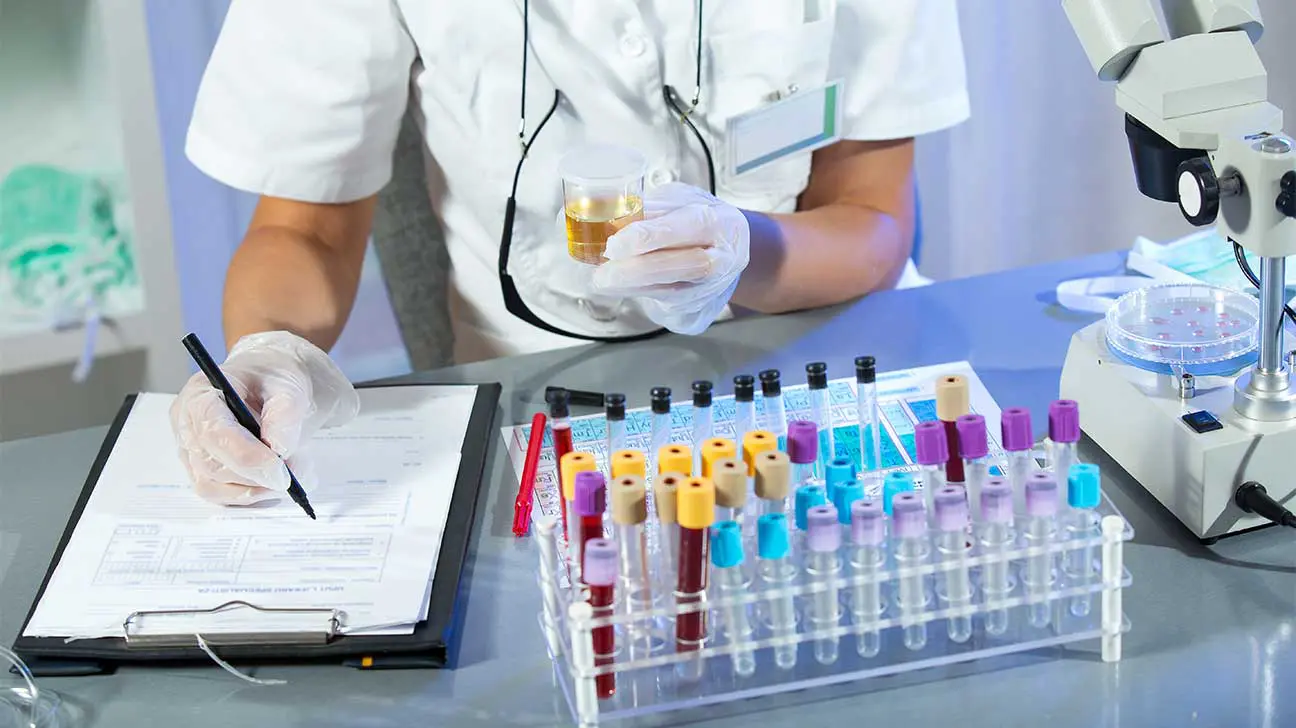
Hydromorphone is a potentially addictive pain medication that can be detected in urine samples for up to five days after the last dose, long after the effects have worn off.
Hydromorphone (brand name, Dilaudid), is an opioid prescribed for severe pain. However, if abused or used illicitly, it may lead to mental or physical addiction and dependence.
Hydromorphone, like other opioids (including oxycodone, hydrocodone, and fentanyl), is detectable in standard urine tests, the most common testing method for drug use.
Detecting Dilaudid In Urine
On average, Dilaudid can be detected in an individual’s urine for up to 4 days after the last use.
What Factors Can Affect Dilaudid Urine Detection Times?
There are many factors that affect how long hydromorphone can be detected by a urine test.
The detection window is dependent on the individual’s usage, in addition to several other personal conditions.
Factors that contribute to how long hydromorphone stays in your system:
- hydration levels
- dosage and application (ingestion, intravenous, intramuscular, rectal)
- age, weight, and metabolism
- genetic factors
- length of use
- abuse of other substances or prescription drugs
- mental health disorders
- high presence of other opioids, like hydrocodone
- kidney or liver impairment
Chronic use or abuse of hydromorphone (Dilaudid) or other opiate-based drugs can lead to addiction and dependence and an increased risk for overdose and death.
Finding Addiction Treatment For Hydromorphone (Dilaudid) or Other Opioids
It’s never too late to seek treatment for drug abuse and addiction, for yourself or a loved one. Contact our helpline for help finding an opioid detox and treatment center.
Addiction Resource aims to provide only the most current, accurate information in regards to addiction and addiction treatment, which means we only reference the most credible sources available.
These include peer-reviewed journals, government entities and academic institutions, and leaders in addiction healthcare and advocacy. Learn more about how we safeguard our content by viewing our editorial policy.
- National Center for Biotechnology Information: StatPearls — Hydromorphone
https://www.ncbi.nlm.nih.gov/books/NBK470393/#:~:text=Immediate%2Drelease%20oral%20formulations%20have,hours%2C%20and%20lasts%2013%20hours - United States Drug Enforcement Administration — Hydromorphone
https://www.dea.gov/factsheets/hydromorphone - U.S. Library of Medicine: MedlinePlus — Opioid Testing
https://medlineplus.gov/lab-tests/opioid-testing/


